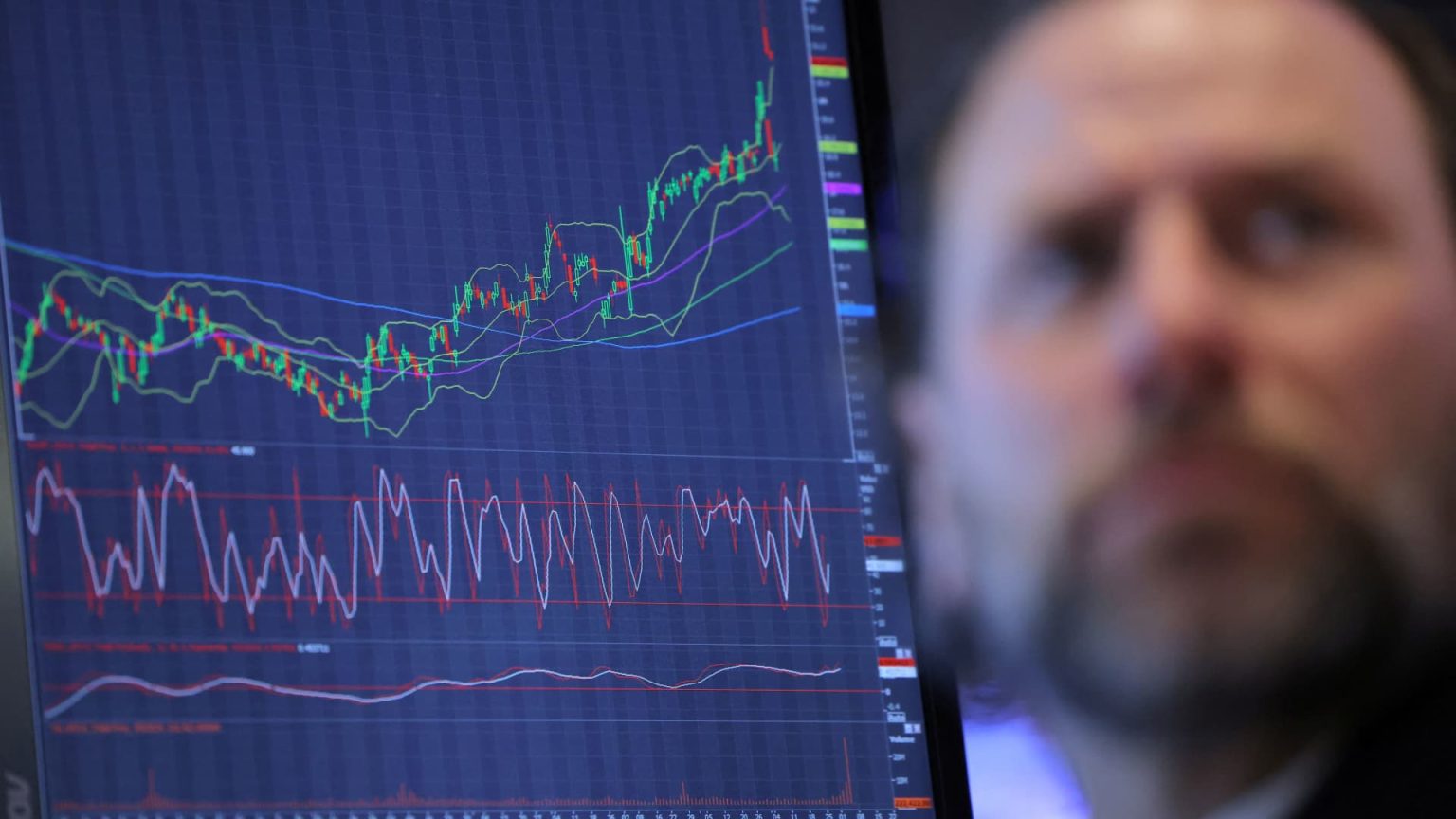Hedge funds have been dumping stocks at the fastest pace in three months as the “smart money” is increasing bearish wagers against equities amidst a recent pullback in the market. Data from both Goldman Sachs and Bank of America’s prime brokerage shows that hedge funds have been selling global stocks on a net basis for the past few weeks, primarily through short sales. This trend has been driven by a reassessment of the Federal Reserve’s path to cutting interest rates, leading to a retreat in the market. Major stock indices like the Dow Jones Industrial Average and the S&P 500 have experienced declines, with consumer discretionary stocks being among the worst performing sectors last week.
The recent selling pressure from hedge funds is reflected in their actions of reducing long positions in consumer discretionary stocks and shorting retail-focused exchange-traded funds. This has resulted in significant declines in the SPDR S&P Retail ETF (XRT), which dropped 5.5% in a week. The overall market sentiment has become cautious due to stretched valuations and a lack of confidence in the Federal Reserve’s rate cut plans. Investors are wary of any negative economic data or geopolitical developments that could trigger substantial selloffs in the market. The prevailing uncertainty has led to increased bearish bets by hedge funds and other institutional investors.
Analysts point to a shift in interest rate expectations as one of the key factors driving the recent pullback in stocks. The market has revised its outlook for rate cuts this year, with traders now seeing a potential range between two to three reductions, compared to initial expectations of as many as seven cuts for 2024. This change in sentiment has created volatility and uncertainty in the market, making investors cautious about the future direction of interest rates and its impact on stock prices. The ongoing trade tensions and geopolitical risks add to the market’s nervousness.
Despite the recent pullback, the S&P 500 is still only 1.7% below its 52-week high, indicating a relatively stable performance in the midst of market disruptions. However, the current environment of stretched valuations and uncertain interest rate expectations presents challenges for investors seeking to navigate the volatile market conditions. Cautious investors are closely monitoring economic data releases and geopolitical developments for potential signals of market direction. The upcoming decisions by the Federal Reserve on interest rates will also play a crucial role in shaping investor sentiment and market dynamics in the coming months.
The divergence in hedge fund activity, with increased short sales and bearish wagers, reflects a growing wariness among institutional investors about the market outlook. The recent selling pressure and decline in consumer discretionary stocks signal a shift in investor sentiment towards a more risk-averse approach. While the market remains resilient in the face of global uncertainties and trade tensions, investors are exercising caution and adjusting their portfolios to mitigate potential risks. The next steps by the Federal Reserve and economic data releases will be closely watched for further clues on market direction in the near term.


